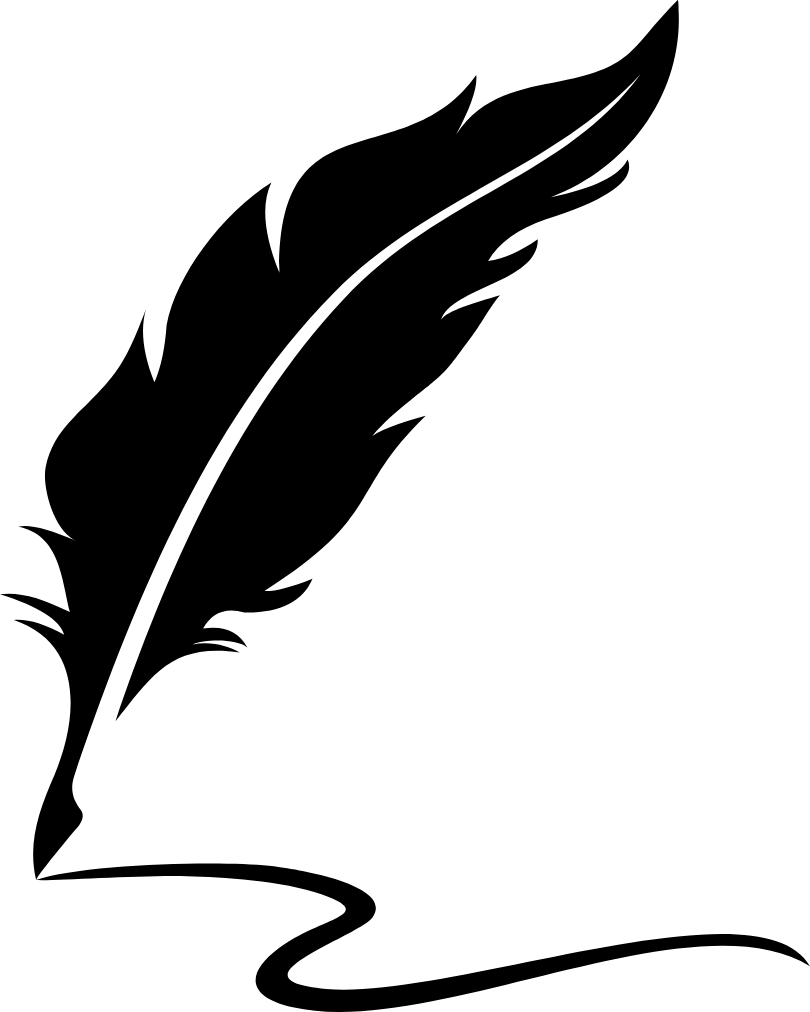ПОТРЕБИТЕЛ 5.0

Резюме
В исторически и сравнителен план са разгледани промените в крайното потребление в резултат от трансформацията на използваните технологии в производството, разпределението, размяната и потреблението: по време на първата индустриална революция, на втората индустриална революция, когато потреблението започва да придобива водещо значение спрямо производството и ражда феномена „масов потребител", на третата индустриална революция, в резултат от която се появява нишовият потребител. Днес с разгръщането на четвъртата индустриална революция се формира таргетиран и персонализиран потребител. Въз основа на обобщение на анализи в специализираната литература са изведени основните характеристики на този нов тип потребител, свързан с феномена „просумаризъм", и на факторите, които определят неговата поява.


